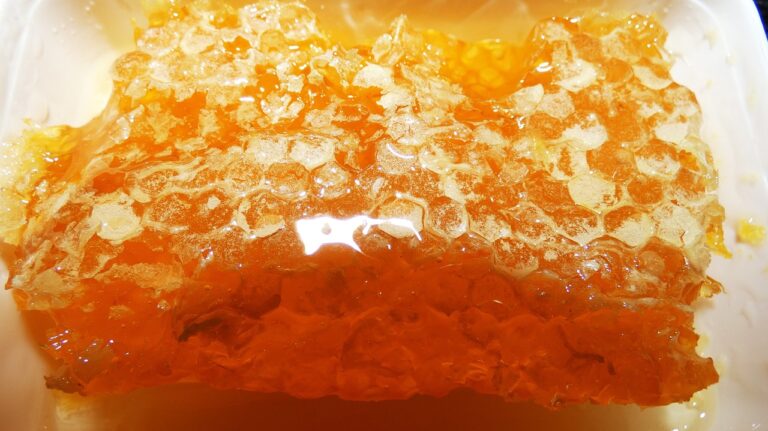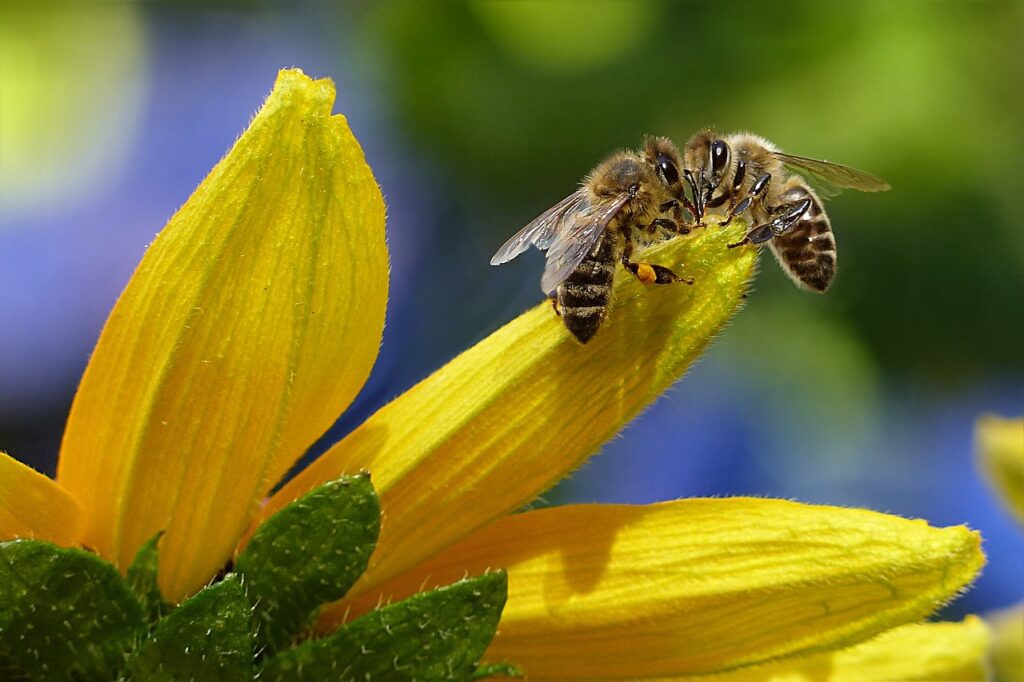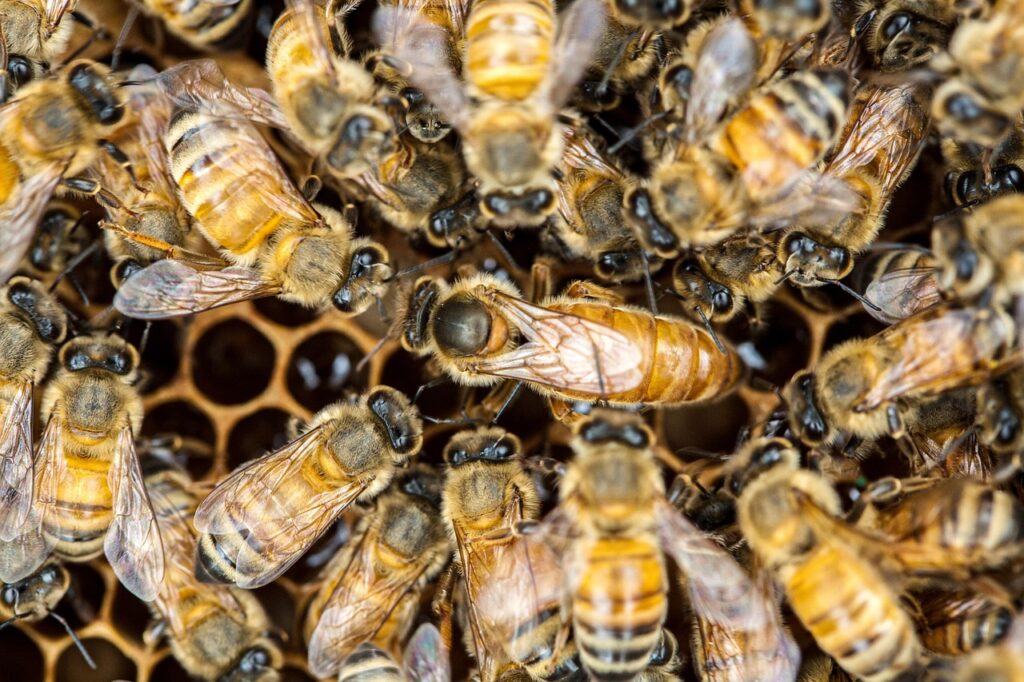How does the idea that all bees produce honey influence public perception
The false idea that all bees produce honey strongly shapes public perception by promoting a honeybee-centered, utilitarian view of bees, which influences how people understand and support bee conservation.
Key impacts include:
• Narrow Focus on Honeybees:
Because honey production is the most visible and economically tangible aspect of bees to many people, public knowledge and concern tend to center almost exclusively on honeybees.
This focus overshadows the vast diversity of wild bee species—many of which do not produce honey but perform critical pollination roles.
For example, studies show that people often associate bees primarily with honey, hives, and queens, assuming these traits apply universally, even though only a small fraction of the world’s 20,000 bee species produce honey[1][2].
• Misguided Conservation Priorities:
The emphasis on honeybees can divert resources and attention away from conserving wild bees, which are often more important pollinators in natural ecosystems and agricultural systems.
Wild bee populations face more severe declines, but public campaigns sometimes still focus on honeybee survival, which is less at risk and even increasing globally due to managed beekeeping[3][4].
This misdirected focus might hinder effective action to preserve native and solitary bee species crucial for biodiversity and crop pollination.
• Commercial and Cultural Influence:
The honey industry, alongside hobbyist and commercial beekeeping, heavily promotes honeybees and honey-related narratives.
This commercial interest reinforces the idea that bees are primarily valuable for honey production, overshadowing their ecological roles and the needs of diverse wild bees[5][6].
• Simplification of Bee Ecology:
Equating all bees with honey production contributes to an oversimplified understanding of bee biology and ecology among the public.
This limits awareness of issues like wild bee habitat loss, competition between managed honeybees and native bees, and the complexity of pollination services provided by different bee species[5].
• Potential for Misguided Actions:
People may think that keeping honeybee hives anywhere supports “saving the bees,” even though unmanaged or poorly placed honeybee colonies can compete with native bees and harm ecosystems.
This misunderstanding stems partly from associating all bees with honey production and neglecting the nuances of bee diversity and their varied ecological impacts[6].
In summary – The false idea that all bees produce honey contributes to a honeybee-centric perception that simplifies and limits public understanding, potentially misguides conservation efforts, and underrepresents the urgent need to protect diverse wild bee species that sustain ecosystems and agriculture beyond honey production.
Efforts to clarify this misconception can help broaden awareness and foster more balanced, effective pollinator conservation.
⁂
1. https://www.psu.edu/news/agricultural-sciences/story/study-mapping-peoples-knowledge-bees-may-aid-pollinator-conservation
2. https://conbio.onlinelibrary.wiley.com/doi/10.1111/csp2.12902
3. https://www.bayer.com/sites/default/files/Bee_Myth-Separating_Facts_from_Fictionk.pdf
4. https://www.theatlantic.com/culture/archive/2024/05/honeybees-at-risk-cultural-myth/678317/
5. https://www.apicultural.co.uk/do-managed-honey-bees-compete-with-wild-bees-for-floral-resources
6. https://www.xerces.org/bug-banter/saving-bees-why-honey-bees-are-not-answer



